
What Joy Can Do – Chozeh of Lublin
"At this very moment I see your simple wagon driver doing a very great deed," said the Chozeh. "Go and find him and you will see for yourselves why his...

The group of chassidim traveling through the forest couldn’t have been happier. The weather was fine, the wagon they had hired was comfortable – if a person wasn’t too particular about a few bumps and jolts every now and then – and the horses were making good speed. And to top it all off, they were on their way to see the famous Chozeh (Seer) of Lublin, Rabbi Yaakov Yitzchak.
As the miles flew by, the chassidim discussed amongst themselves what they should ask for in their kvitlach, the little notes of request that they would soon present to the Chozeh.
Some argued that when visiting a Chassidic Rebbe of this stature, only spiritual requests were in order. Others just as vehemently proclaimed the exact opposite. Since finding a marriage or getting a good livelihood was as difficult as splitting the Red Sea, surely a giant in Torah like the Chozeh was exactly the right person to handle these types of requests.
The hours passed as each side tried to convince the other, but neither side would budge from its position. Yet there was one thing that all the chassidim did have in common. Not a single one of them paid a bit of attention to their fellow Jew who was driving the wagon. However, the wagon driver was listening attentively to every word they were saying.
When the group came to a secluded place where they could pray the afternoon prayer, the wagon driver came up to the group with a request of his own.
“When we get to Lublin, I will have to stay with the horses,” the wagon driver explained. “If I write a kvitlach, would you give it to the Chozeh for me?”
“Of course,” the group replied.
After saying his prayers, the wagon driver quickly wrote out his request and gave the folded piece of paper to one of the group. Then the group continued on its way. When they reached Lublin, the wagon driver remained at the inn to take care of his horses, as he had said, while the chassidim hurried off to see the Chozeh.
The Chozeh greeted each member of the group kindly and gave a warm blessing after each of the requests. After all those present had received their blessing, they gave the Chozeh the little folded note of their wagon driver. When the Chozeh saw the kvitlach, his whole face began to glow with intense joy.
“This kvitlach comes from a very great man,” the Chozeh exclaimed. “See how his very name shines with a special light.”
The group of chassidim didn’t know what to say. Should they advise the great Chozeh of his error, or remain silent? Finally one of the group stepped forward.
“This kvitlach was written by our wagon driver,” the chassid said softly. “He is a good person, I am sure, but a simple one.”
The Chozeh looked the chassid in the eye and then he turned his gaze upon the others.
“At this very moment I see your simple wagon driver doing a very great deed,” said the Chozeh. “Go and find him and you will see for yourselves why his soul is sending forth this great light.”
The chassidim did as they were told and hurriedly left the room. They rushed to the inn, but they were informed that the wagon driver wasn’t there. They went up one street and down another, but still the wagon driver was nowhere to be found. Then they heard music in the distance – the joyous sounds of a wedding taking place – and they rushed off to see if their wagon driver was perchance also there.
The whole town seemed to be dancing around the bride and groom, and yet despite the great throng of people who had come to gladden the couple there was no mistaking the person who was dancing with tremendous joy in the center of the circle.
“It’s our wagon driver!” one of the chassidim exclaimed.
“Why is he so happy?” asked another.
“Maybe he is a relation,” said a third.
When the dance ended the chassidim rushed up to the wagon driver and asked him the reason for his great joy.
“I’m not related to the bride or the groom,” the wagon driver explained. “My great joy at being at this wedding is for another reason entirely.”
The chassidim begged the wagon driver to tell them the reason and the simple Jew happily complied.
After the wagon driver had finished feeding his horses, he decided to take a little walk. He had not gone far when he saw the townspeople beginning to make their way to the chuppa (marriage canopy). He joined in with the others, but when they all reached the open square where the wedding was supposed to take place a very unexpected sight greeted their eyes.
The bride, an older woman who had never before been married, was crying her eyes out in one corner of the open square. The groom, who was an older bachelor, was angrily gesturing in an opposite corner. And the rabbi was running back and forth between the two, trying to make peace between them.
“What’s going on?” the wagon driver asked.
“The bride is very poor and has no dowry,” one of the townspeople explained, “but she did promise to buy the groom a tallis (prayer shawl). Now it seems that she could not find the money to fulfill her promise and so the groom is saying that the wedding is off.”
It did not take the wagon driver long to decide what to do. Although he was far from being a wealthy man himself, he immediately began to search through all his pockets – and the secret hiding place inside the brim of his hat – for all the he coins had in his possession.
Business had been good that week, and so to his great happiness he discovered that he had just enough money to buy a tallis for the groom.
“Quick, show me where I can buy a tallis,” he asked the townsman, and the two men hurried off.
The new tallis was rushed to the groom, the bride dried her eyes and at last everyone took their place under the chuppa.
“That’s why I was dancing with such joy,” the wagon driver explained to the chassidim. “It isn’t often that a simple Jew like myself gets to do such a great mitzva, and so I was of course filled with great happiness when the opportunity came.”
The chassidim thanked the wagon driver for his story and then they rushed back to the Chozeh to tell him what they had learned.
“It’s true that your wagon driver performed a great mitzva today,” the Chozeh informed the group. “However, you should know that it was not the mitzva alone that caused his neshama (soul) to shine so brightly. It was his happiness – the great joy he felt while doing the mitzva – that caused him to merit this great light.”
***
Libi Astaire is the author of Choose Light! Chassidic Tales for Chanukah, Rosh Hashanah, Sukkos, Passover & Shavuos; Breakfast with Rav Zusha and Other Stories to Wake Up Your Soul; and the award-winning Jewish Regency Mystery Series. Visit her website for more information about these and other books.



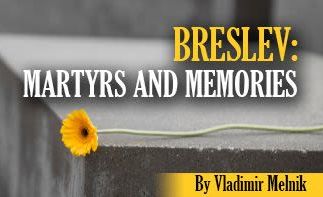
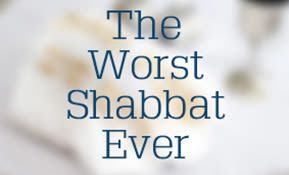


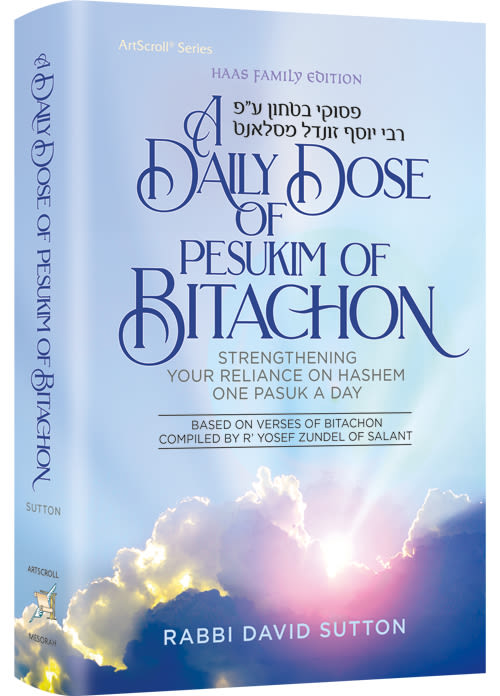
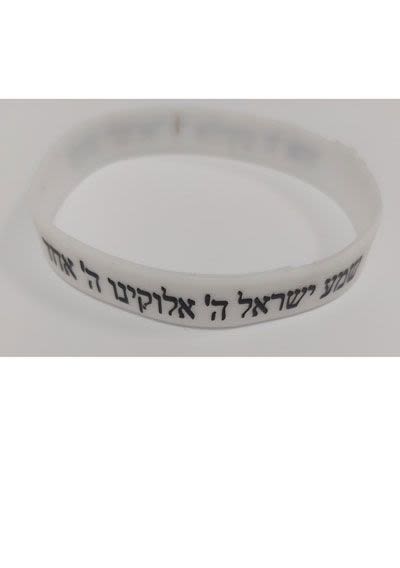
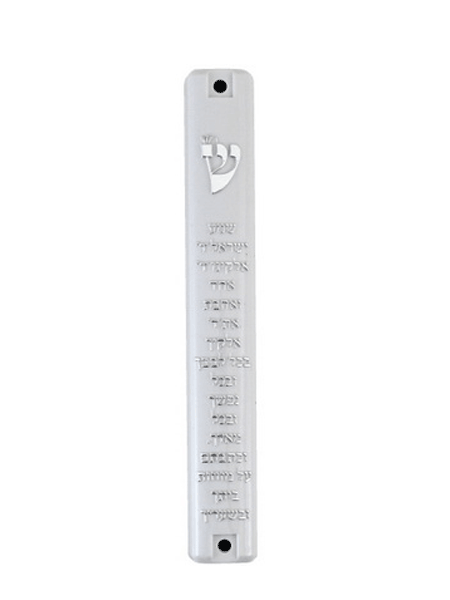
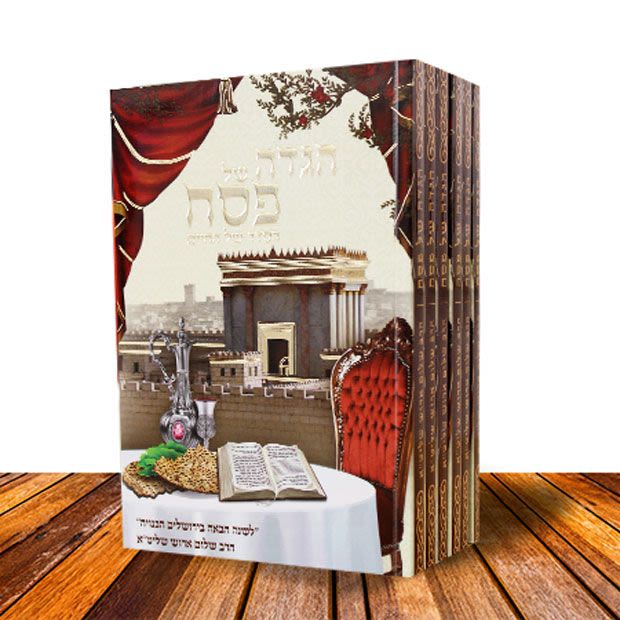
Tell us what you think!
Thank you for your comment!
It will be published after approval by the Editor.